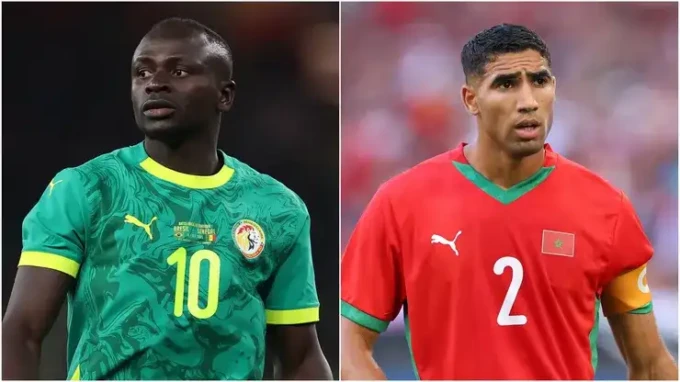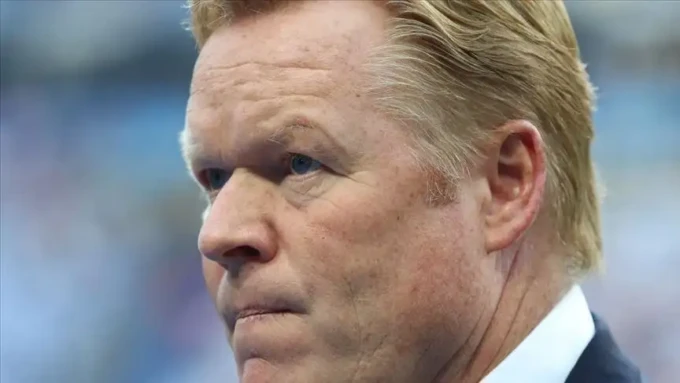The European Court of Justice (ECJ) has ruled that decisions made by international sports governing bodies, including FIFA and the International Olympic Committee (IOC), can be legally challenged within European Union (EU) member states, rather than being confined to Switzerland. This landmark decision empowers national courts across the 27 EU countries to review such rulings to ensure they align with EU law and public policy.
The case that led to this ruling involved Belgian soccer club RFC Seraing and Maltese investment fund Doyen Sports, who contested FIFA’s prohibition on third-party ownership of player rights. In 2015, they sought a review in a Brussels commercial court, questioning whether FIFA’s rules violated EU law. The ECJ’s decision now allows EU national courts to examine these cases, potentially challenging the legal supremacy of Swiss-based sports arbitration.
The Court of Arbitration for Sport (CAS), established in 1984 and based in Lausanne, Switzerland, has long been the primary forum for resolving international sports disputes. FIFA’s significant financial contributions to CAS underscore its central role in the organization. However, the ECJ’s ruling indicates that CAS decisions are not immune to scrutiny, especially when arbitration clauses are unilaterally imposed by sports bodies.
This ruling follows previous ECJ decisions that have limited the authority of FIFA and UEFA under EU competition law, signaling a shift in how sports governance intersects with EU legal standards. The ECJ emphasized that CAS decisions must be amenable to effective judicial review, ensuring they are consistent with EU public policy.
The implications of this ruling are significant for the sports industry, as it challenges the traditional arbitration model and opens avenues for legal recourse within EU jurisdictions. It also underscores the importance of aligning international sports regulations with EU laws, particularly concerning fundamental rights and public policy considerations.












Leave a comment